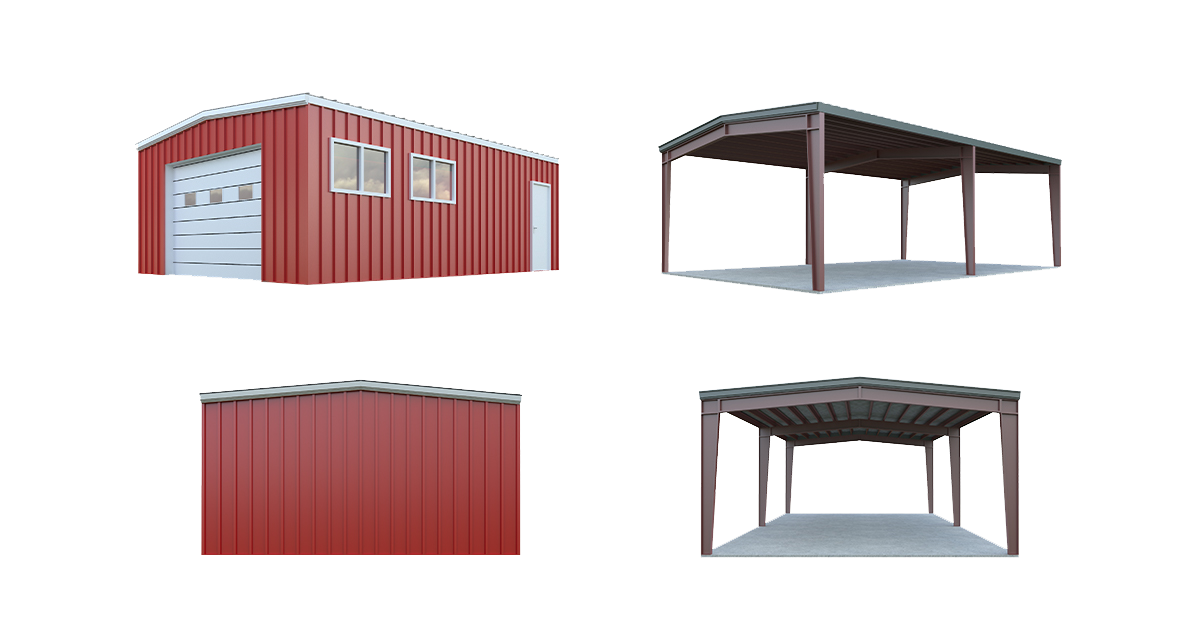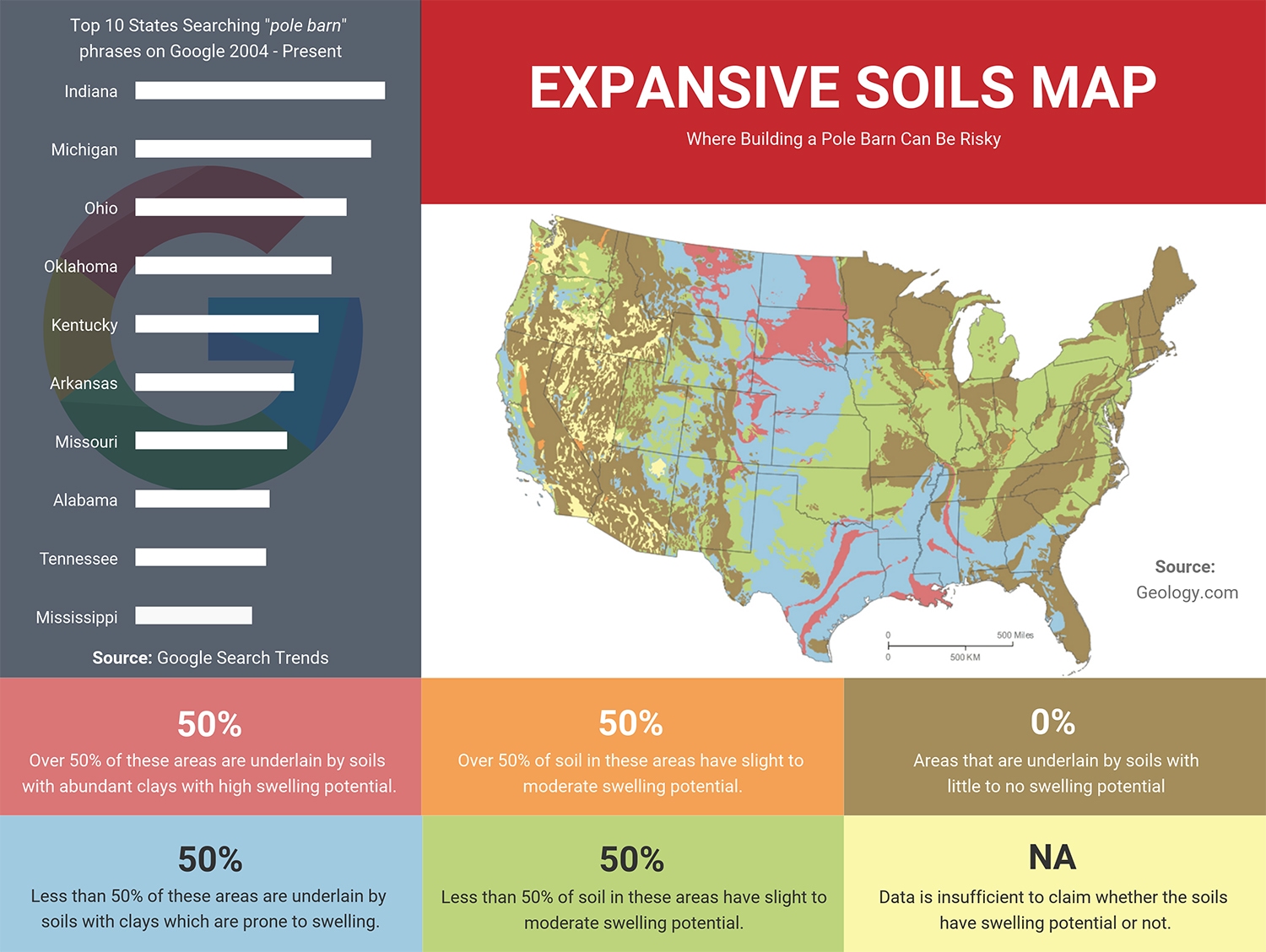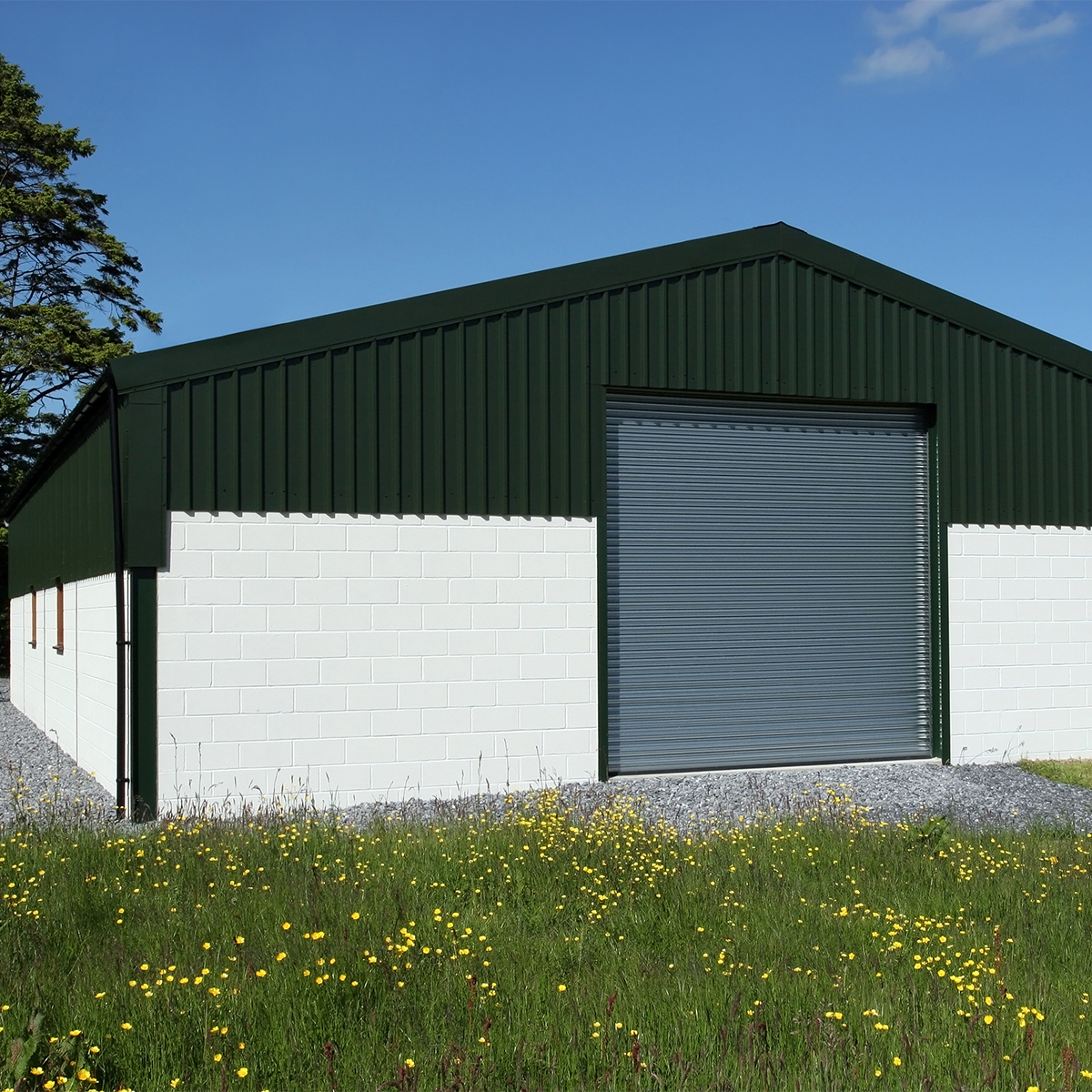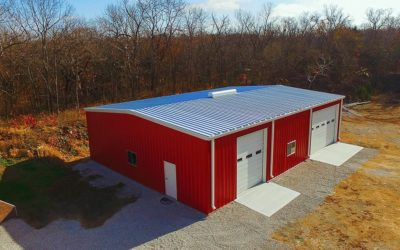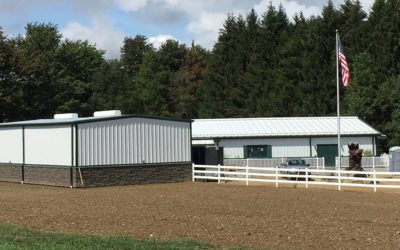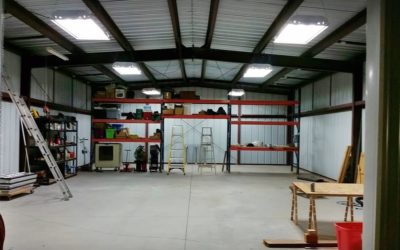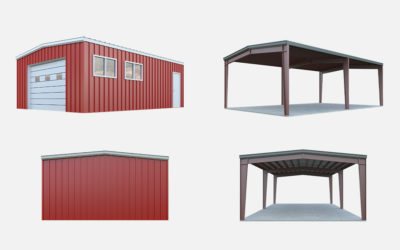What You'll Gain by Enclosing
Carports are an inexpensive way to shelter a car from most weather and shield vehicles from the sun, but these open walled structures do not offer security or shelter from wind, blowing snow or flying debris. A garage on the other hand delivers where a carport cannot while also providing extra storage opportunities for you to organize your yard tools and more.
The good news is, your carport can be converted into an enclosed garage in many different ways as we’ll outline below, but before you start, there is some due diligence to conduct.
